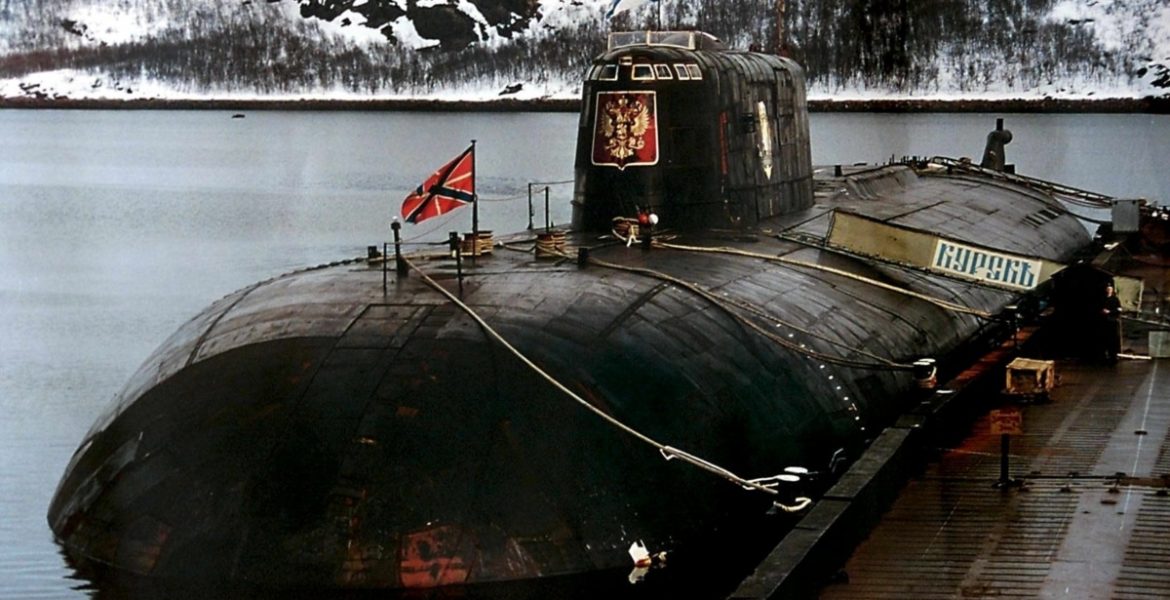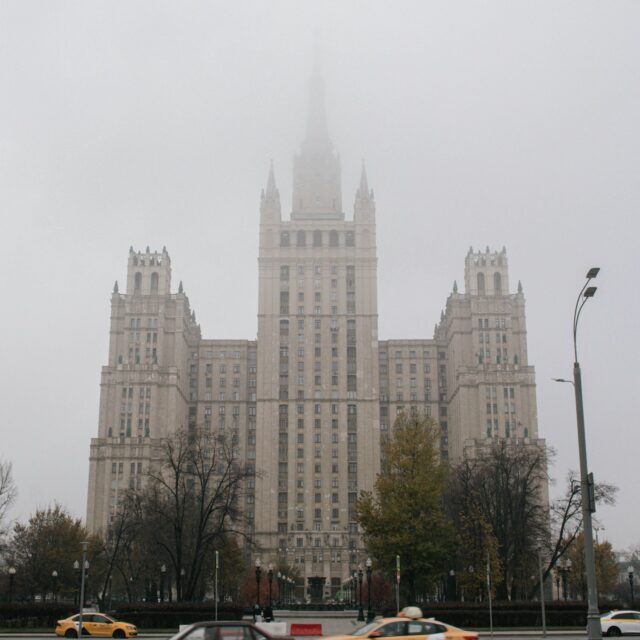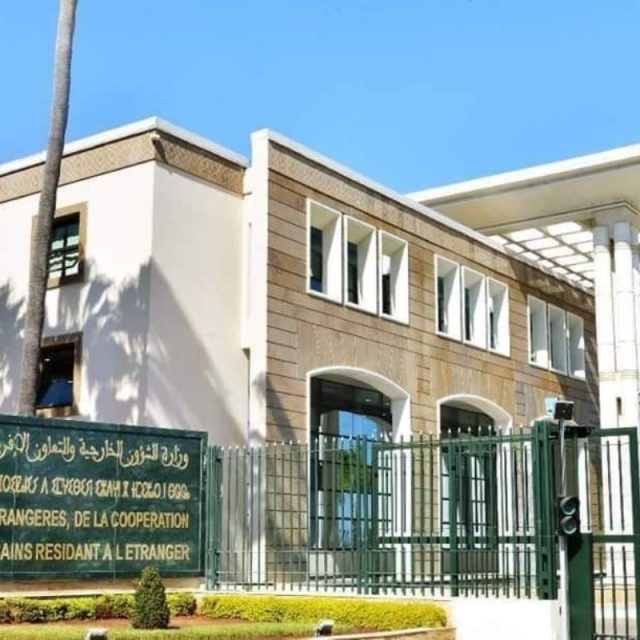On the anniversary of the sinking of the Kursk submarine, Putin is burying the Russian army in Ukraine
August 12 marks the 22nd anniversary of the Kursk submarine disaster, when its entire crew of 118 submariners died. 22 years ago, the Kremlin dictator began the deliberate destruction of the Russian army, which he threw into the furnace of endless wars, both within and outside Russia.
Putin’s invasion of Ukraine was a fatal miscalculation, destroying the best of his army: it suffered unprecedented losses in manpower and military equipment not seen since the end of World War II, destroying the very idea of the supposed might of the Russian army. The Kremlin dictator, who has practically ruled Russia for 23 years, sees himself as “a collector of the Russian lands” and, like the tsars of Moscow, views the Russian army as the main instrument of foreign territorial expansion. His war against Ukraine has exposed the archaic, unprepared and asymmetrical weakness of the Russian army, and the monstrous corruption of his top military commanders. Through the wanton destruction of the Russian army in Ukraine, and the squandering of its military equipment, Putin is slowly but surely destroying Russia itself.
Unlike the Russian imperial army, which had a school and traditions, and the Soviet army, which reached its peak in the history of Russian statehood, the army of Putin’s Russia has received only superficial propaganda and empty PR platitudes, voiced by politicians of all stripes from television screens, including Putin himself, who has repeatedly stated that “the Russian army has undergone a very qualitative evolution”. These narratives are primarily aimed at the domestic Russian audience to form a myth of inevitable victory that awaits the “valiant Russian army,” defending ordinary Russian people and the Russian world. Losses like the Kursk and subsequent incidents are covered up by an army of Russian propagandists who form the “politically correct” opinion of Russians.
Seizing the lands of sovereign states, including ethnically non-Slavic states, as in the case of Moldova and Georgia, is a key idea of Putin, who holds the outdated view that territory is key in the context of a state’s power and influence on the world stage. This idea became key in the context of the invasion of Ukraine on 24 February with the goal of seizing it. In five months of war, Putin failed to achieve any of the announced goals of his so-called special operation. The whole world was convinced of the asymmetrical weakness of the Russian army: the disgrace of the invasion of Ukraine and the subsequent failures at the front was so severe that since March 2022 in Russia, commemorative days and dates marking victory day and army holidays have been celebrated very modestly and without the notorious Putin pathos. During the 9 May Victory Day parade, the air element of the parade was cancelled. The organizers of the parade referred to technical problems with the planes that were to have flown over Red Square. The real reason is banal: the lack of planes. As of early August, Russia has lost 223 aircraft, 192 helicopters, and 754 drones. Despite the fact that Russia has a multiple advantage over Ukraine in planes and helicopters, it was never able to achieve air supremacy and suppress Ukrainian air defence systems.
On 9 August, there was an explosion at a military airfield in Novofedorovka (Crimea), causing the Russian Air Force to suffer its largest one-day losses since World War II. All international media wrote about it, another blow to the reputation of the Russian army. The General Staff of the Russian Armed Forces did not provide any intelligible explanation of the incident, saying that “old bombs were detonated. It is noteworthy that at first, the Kremlin also did not comment on the destruction of the Moskva missile cruiser, the flagship of the Russian Black Sea Fleet, which took place on 14 April. Russia never openly admits the vulnerability of its army, the primitiveness of its air defense system, or the very possibility of being defeated by Ukraine. This is the reason for the extremely modest celebration of Airborne Forces and Navy Days in Russia. The Navy Day parade in Sevastopol was cancelled altogether. The Russian Air Force Day on 12 August has also passed quietly and unnoticed. Putin has shown the world that Russia has no fleet and no strong Air Force. The only thing Putin can fight with is an army of “Russian Ivans” as cannon fodder, forcibly drafted from across the vast Russian countryside, armed with outdated Soviet weapons. This is a classic Russian tactic, used by Zhukov and other Soviet war criminals during World War II, and it seems that Putin has not yet been able to invent anything new.




